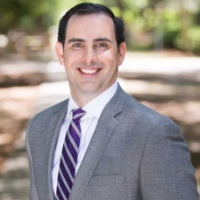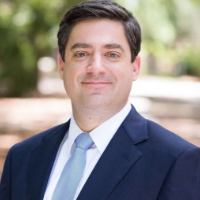Berkeley County, SC Misdemeanor Lawyers
Sponsored Law Firm
-
 x
x

Click For More Info:
-
Clekis Law Firm P.A.
171 Church St, Charleston, SC 29401» view mapCriminal Defense Law Clekis Cares. We Listen to You.
Clekis Law Firm has been representing clients for over three decades.
800-725-6591
Not enough matches for Berkeley Misdemeanor lawyer.
Below are all Berkeley lawyers.
Michael Charles Sahn
✓ VERIFIEDAs a former prosecutor in Charleston, Attorney Michael C. Sahn and his partners have over 25 years of experience in courtrooms, working side by side w... (more)
David Patrick Conway
✓ VERIFIEDDavid Conway was born in Charleston, South Carolina and raised on Sullivan’s Island, South Carolina, attending Porter-Gaud School and Bishop England... (more)
Benjamin William Akery
✓ VERIFIEDBen knows there are a lot of smart lawyers to choose from and attributes his success to “out-working” the other side. He always strives to dev... (more)
Michael J Jordan
✓ VERIFIEDMichael J. Jordan has dedicated his career to ensuring his clients will make the recovery they deserve. He knows that when people are searching for a ... (more)
FREE CONSULTATION
CONTACTFREE CONSULTATION
CONTACTChristopher P. Biering
FREE CONSULTATION
CONTACTM. Chase Payne
FREE CONSULTATION
CONTACTJason Darrell Pockrus
George Sink
FREE CONSULTATION
CONTACT Nicholas Clekis Charleston, SC
Nicholas Clekis Charleston, SC




